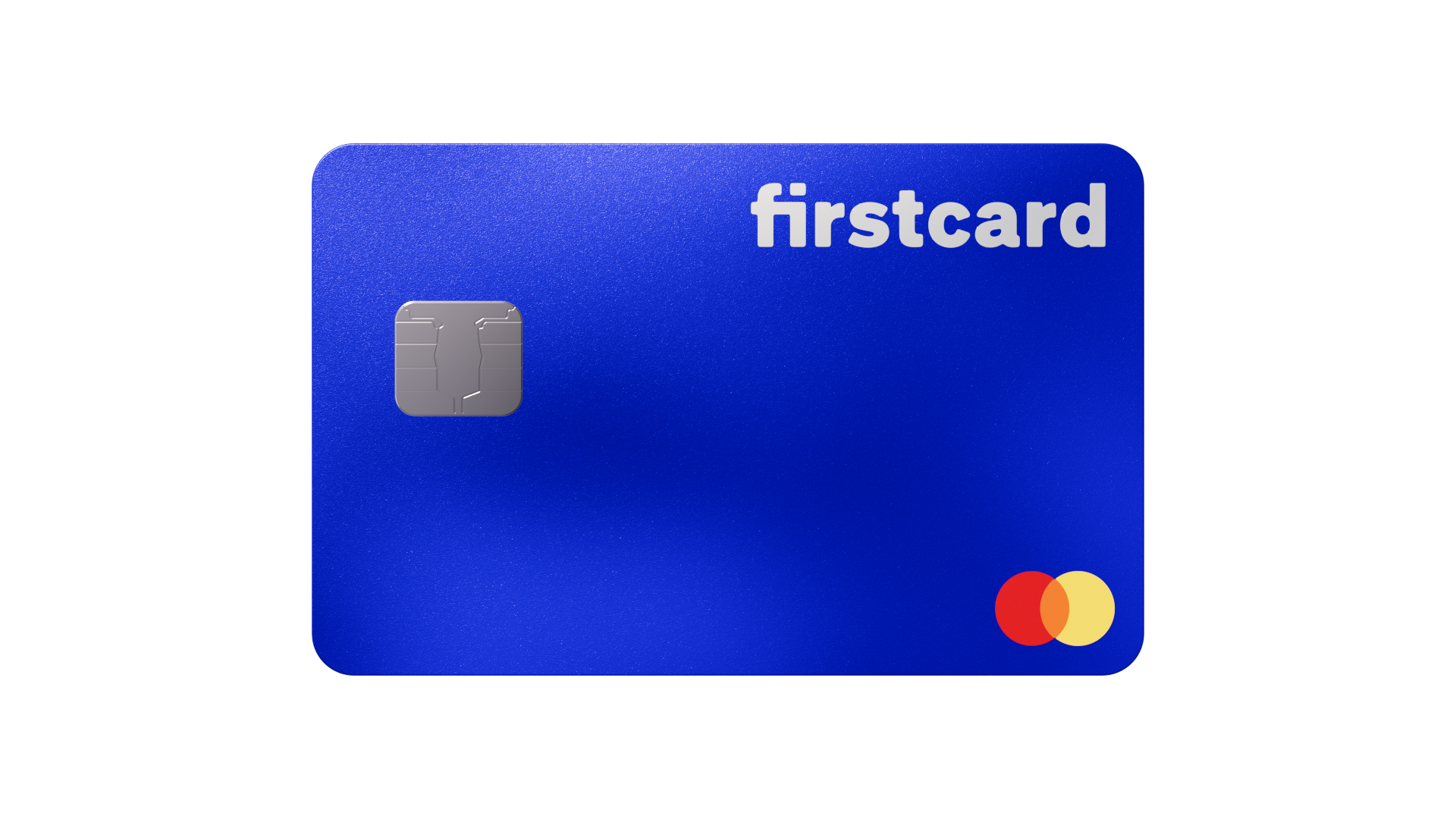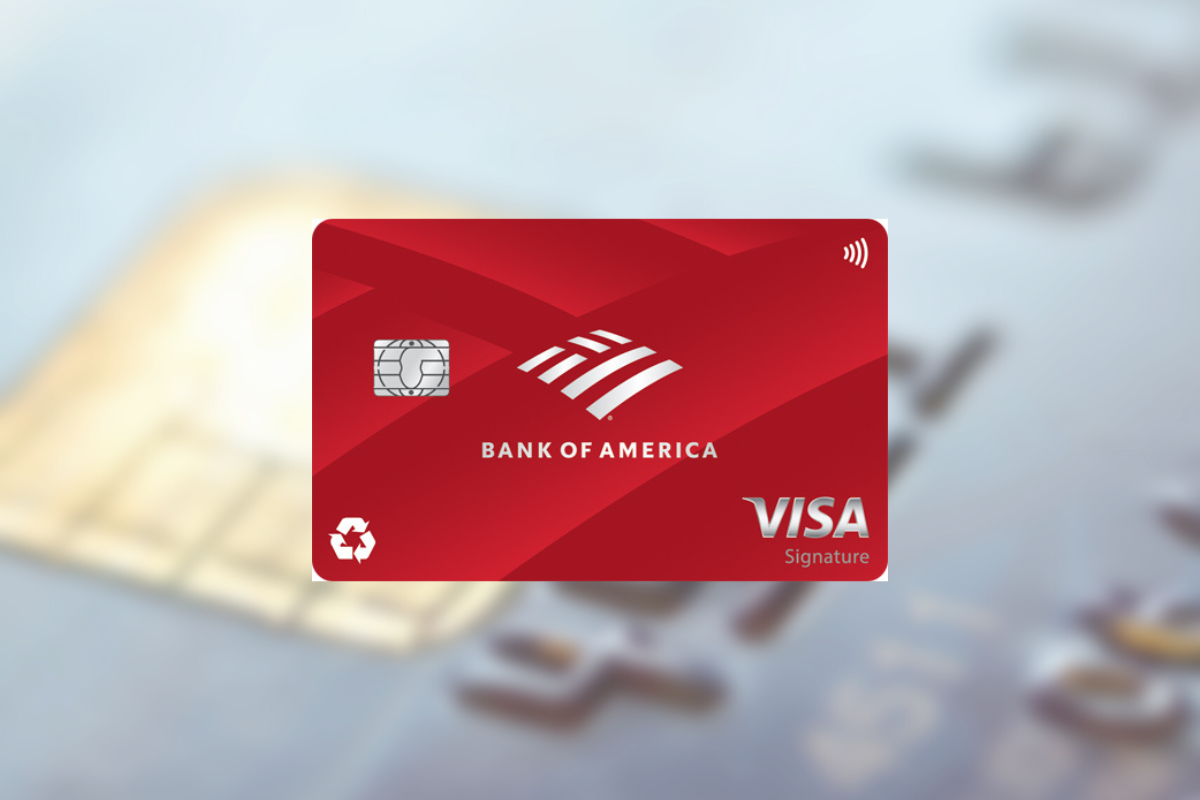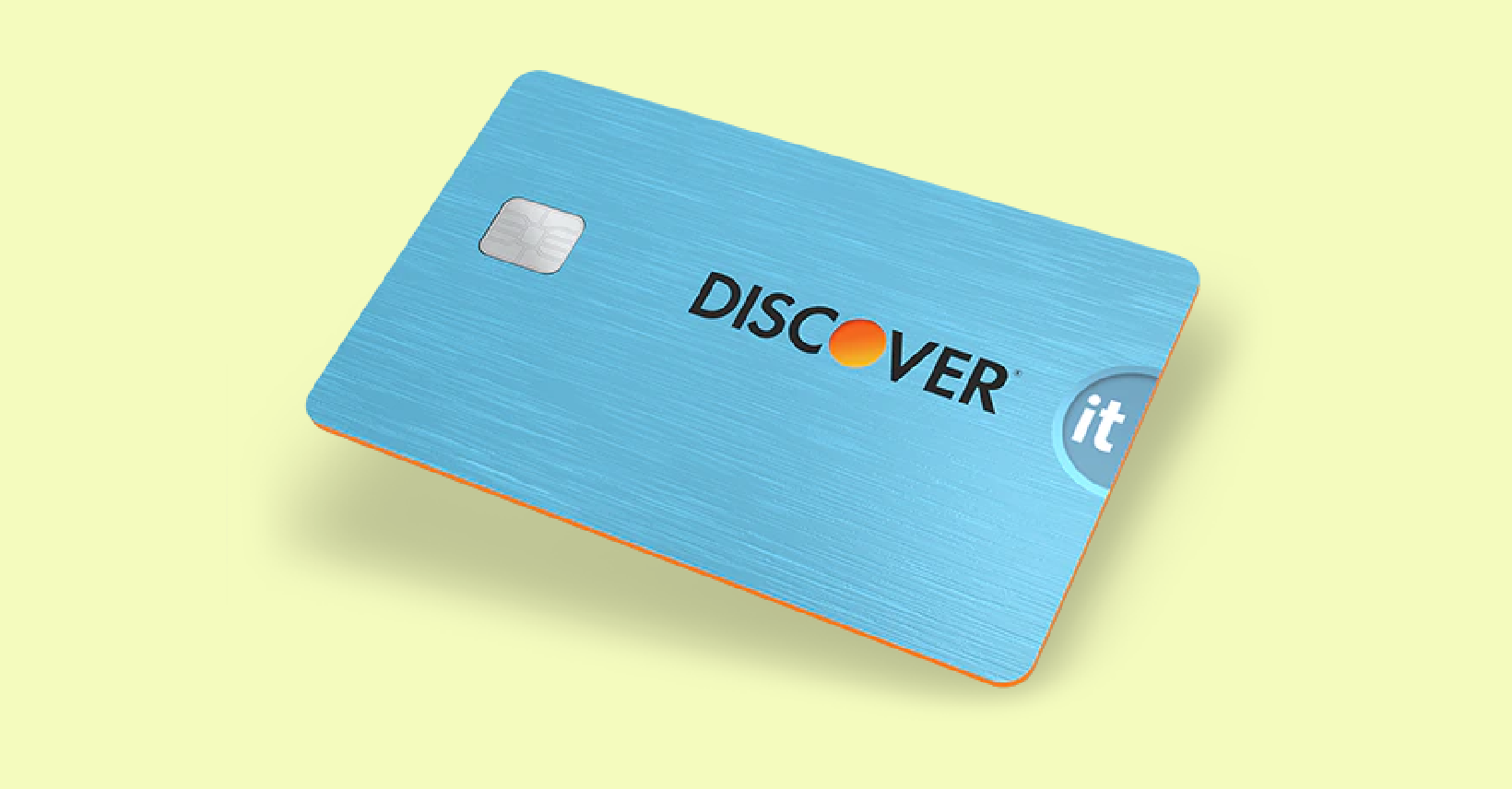The Pros and Cons of Using Credit Cards: What You Need to Know

Understanding Credit Cards
Credit cards are a common financial tool used by millions of Americans. They offer convenience and flexibility but can also come with significant risks. Understanding the pros and cons of credit card use is essential for making informed financial decisions. They function as a short-term loan, allowing users to make purchases and pay for them later, giving individuals the freedom to manage their finances, but with this freedom comes responsibility.
Benefits of Credit Cards
- Rewards Programs: Many credit cards offer points, cash back, or travel rewards for purchases. For instance, a card may offer 1.5% cash back on all purchases or triple points on travel-related expenses. This can translate into significant savings or free flights if used wisely.
- Building Credit History: Responsible use of credit cards can help you establish and improve your credit score. This is important because a higher credit score can lead to better loan terms and lower interest rates when borrowing for a house or car.
- Emergency Fund: Having a credit card provides a backup in case of unexpected expenses. For example, if your car breaks down and you need immediate repairs, a credit card can cover the costs, allowing you to pay it off later rather than scrambling for cash.
Drawbacks of Credit Cards
- High Interest Rates: Failing to pay off your balance can lead to crippling debt due to accruing interest. Credit cards typically have interest rates that can exceed 20%, which means that carrying a balance can quickly lead to overwhelming financial obligations.
- Overspending Tendency: The ease of swiping a card may encourage unplanned purchases, leading to financial strain. For instance, it can be tempting to buy a pair of shoes just because you have the funds available on your card, even if it’s not in your budget.
- Fees: Some cards have annual fees, late payment fees, or foreign transaction fees that can add up quickly. An annual fee of $95 may seem manageable, but if you’re not benefiting from rewards or perks that justify this cost, it could be a financial drain.
By weighing these factors, individuals can navigate the world of credit cards wisely. It’s essential to consider how credit cards fit into your overall financial strategy before committing to using one. Responsible credit card use, like paying off the balance in full each month and taking advantage of rewards, can enhance your financial health. However, neglecting to manage credit cards carefully can lead to serious financial pitfalls. A balanced approach will not only help in managing day-to-day expenses but also contribute positively to your long-term financial goals.
DISCOVER MORE: Click here to learn about effective budgeting techniques
Benefits of Credit Cards
Understanding the advantages of credit cards can help you leverage their potential to improve your financial situation. Here are some key benefits that come with responsible credit card usage:
- Rewards Programs: Many credit cards are associated with rewards programs that provide various perks for your purchases. Depending on your spending habits, you can earn points or cash back on everyday expenses such as groceries, gas, or dining out. For example, a card may offer 1.5% cash back on all purchases and even 3% on certain categories like travel or dining, turning your everyday spending into tangible benefits.
- Building Credit History: Using credit cards responsibly can significantly enhance your credit score over time. When you make timely payments and keep your balances low, credit scoring models view you as a low-risk borrower. This positive credit history is crucial when applying for loans or mortgages, as it leads to more favorable interest rates and terms in the future.
- Emergency Fund: Credit cards can serve as a safety net during emergencies. For instance, if your refrigerator suddenly breaks down and requires immediate replacement, having a credit card can facilitate the purchase, allowing you time to budget for repayment. This added flexibility can provide peace of mind during unexpected situations.
Drawbacks of Credit Cards
While credit cards can offer numerous benefits, there are significant drawbacks that should not be overlooked. Here are some common pitfalls associated with credit card use:
- High Interest Rates: One of the most alarming aspects of credit cards is the often exorbitant interest rates. If you fail to pay off your balance in full each month, the interest can accumulate quickly. Many credit cards in the U.S. charge rates that can exceed 20%, making it easy to slip into a cycle of debt where the owed amount spirals out of control.
- Overspending Tendency: The convenience of credit cards can lead some users to overspend. When you’re not physically handing over cash, it can be easy to lose sight of your budget. For example, you might be tempted to buy expensive electronics or upscale dining experiences because you have the limit available, rather than sticking to a planned budget.
- Fees: Many credit cards come with hidden fees that can catch users off guard. Whether it’s an annual fee, late payment fee, or foreign transaction fee, these costs can add up quickly. For example, if a card has an annual fee of $95 but does not offer significant rewards or benefits that justify this cost, it may not be worth keeping long-term.
These pros and cons underline the importance of assessing your personal financial situation and habits before utilizing credit cards. Recognizing how to maximize the benefits while avoiding common pitfalls can lead to a healthier relationship with credit and a stronger financial future.
DISCOVER MORE: Click here to learn how your credit score impacts interest rates
Important Considerations Before Using Credit Cards
Before you decide to apply for a credit card or continue using one, it’s crucial to weigh additional considerations to ensure that you’re making informed choices. Here are some essential factors to keep in mind:
- Understanding Credit Utilization: Your credit utilization ratio—how much credit you’re using compared to your total credit limit—plays a significant role in your credit score. Ideally, you should keep this ratio below 30%. For example, if you have a credit limit of $10,000, not exceeding $3,000 in balances is advisable. Maintaining a low credit utilization shows lenders that you can manage credit responsibly.
- Impact on Credit Score: Credit cards affect your credit score in multiple ways. While timely payments boost your score, missed payments can cause significant damage. A single late payment can lower your score by as much as 90 points or more, depending on your overall credit profile. It’s essential to set up reminders or use autopay features to help avoid this pitfall.
- Annual Percentage Rate (APR) Variability: Credit cards often come with variability in APRs, especially if you’re using a card with a promotional rate that can change after a certain period. This means that what starts as a low-interest card can become significantly more expensive if you carry a balance past the promotional period. Always check the terms of your card and plan your payments accordingly.
Using Credit Cards Responsibly
To truly benefit from credit cards, responsible usage is paramount. Here are some practices to help guide you:
- Paying Balances in Full: The most effective way to avoid interest charges is to pay your balance in full every month. For instance, if you spent $500 on your credit card, aim to pay that amount off before the due date. This not only saves you money but also reinforces good financial habits.
- Monitoring Your Spending: Keeping track of your spending through mobile banking apps can help you stay within your budget. Most credit card providers offer tools that allow you to categorize your purchases and set spending limits. This proactive approach can prevent overspending and control impulsive buying behaviors.
- Limiting the Number of Cards: While it can be tempting to take advantage of multiple credit cards for their respective rewards, having several cards can lead to confusion and increased risk of debt. It’s typically best to choose one or two cards that best align with your spending habits and needs to simplify your financial management.
Being mindful of these aspects enables credit card users to utilize this financial tool to their advantage while mitigating risks associated with poor management. By prioritizing informed decision-making, individuals can build a stronger financial foundation and enjoy the benefits that credit cards can provide.
DISCOVER MORE: Click here to delve deeper
Conclusion
In summary, using credit cards comes with both advantages and disadvantages that every prospective user should carefully consider. On one hand, credit cards can act as valuable financial tools, offering rewards, flexibility, and opportunities to build credit when used responsibly. For instance, many credit cards provide cashback rewards for everyday purchases, allowing cardholders to earn a percentage of their spending back as cash. This can be particularly beneficial when filling up on groceries or gas, ultimately saving money in the long run. Additionally, credit cards offer the convenience of making online and international transactions without the need to carry cash, enhancing your purchasing power.
Conversely, misuse of credit cards can lead to debt accumulation, high-interest payments, and significant damage to your credit score. It’s vital to be aware of potential pitfalls such as overspending, high APR (Annual Percentage Rate) rates, and the importance of timely payments. For example, a single late payment can not only incur penalties but can also lead to a substantial drop in your credit score, affecting your ability to secure loans in the future. Overspending fueled by the “buy now, pay later” mentality can quickly spiral into a cycle of debt, making it challenging to regain financial stability.
Ultimately, the key to leveraging the benefits of credit cards lies in responsible management. By establishing a budget that includes your projected spending and maintaining a record of transactions, you can monitor your financial health effectively. Paying off your balance in full each month is essential; this not only avoids interest charges but also demonstrates to lenders that you are a responsible borrower, positively influencing your credit score over time. In conclusion, understanding the comprehensive landscape of credit card usage empowers you to make educated decisions that align with your financial goals, paving the way for a more secure financial future.


